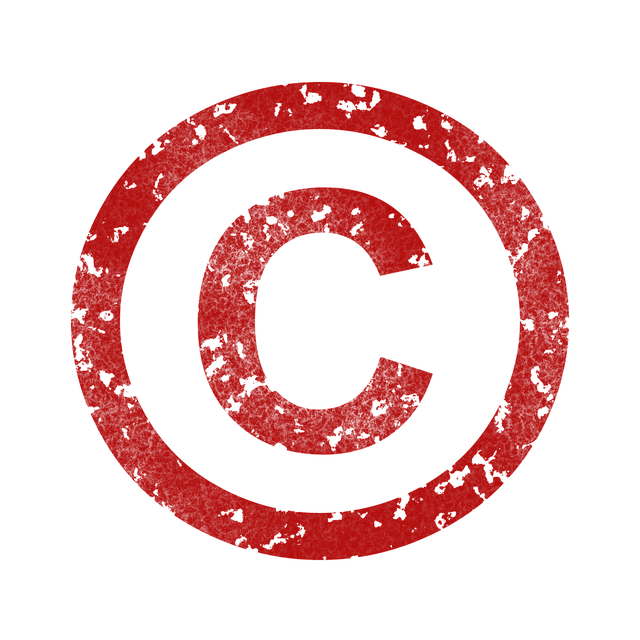Regulatory compliance is a critical yet intricate task for businesses, demanding constant vigilance and legal expertise. It involves understanding and adhering to diverse laws and standards, from environmental to data protection regulations. The process includes identifying relevant regulatory bodies, staying informed about legislative changes, and employing legal professionals for strategic guidance. By proactively managing these requirements, businesses minimize legal risks, foster ethical conduct, and gain a competitive edge in the market. Engaging legal experts offers tailored advice based on deep industry-specific knowledge, helping companies stay ahead of changing regulations and avoid costly non-compliance issues. Strategic approaches like implementing robust compliance programs, regular audits, and fostering a culture of compliance ensure long-term success and protect business reputations.
Navigating industry regulations can be a complex and daunting task, but with expert legal help, businesses can efficiently manage and comply with these ever-changing rules. This comprehensive guide provides an in-depth look at understanding and staying ahead of industry regulations. We explore key strategies, from identifying compliance requirements to engaging the right legal experts, ensuring your business remains regulatory compliant. Learn essential tactics for long-term success in a dynamic regulatory landscape.
- Understanding Industry Regulations: A Comprehensive Overview
- Identifying and Assessing Compliance Requirements
- Engaging Legal Experts for Effective Navigation
- Strategies for Maintaining Regulatory Compliance Over Time
Understanding Industry Regulations: A Comprehensive Overview

Industry regulations are complex and ever-changing, making it a challenge for businesses to stay compliant. Understanding these rules is crucial for navigating the legal landscape and ensuring smooth operations. Regulatory compliance involves keeping up with laws and standards specific to your industry, which can range from environmental and health safety to data protection and consumer rights.
A comprehensive overview should include identifying relevant regulatory bodies, studying current legislation, and staying informed about any updates or revisions. By employing expert legal help, businesses can gain valuable insights into interpreting regulations, identifying potential gaps in compliance, and implementing effective strategies to meet these requirements. This proactive approach not only mitigates legal risks but also fosters a culture of ethical business practices.
Identifying and Assessing Compliance Requirements

Identifying and assessing regulatory compliance requirements is a crucial first step for any business navigating industry regulations. This involves a thorough review of relevant laws, rules, and guidelines specific to your sector. It’s essential to understand which bodies govern your industry and what they mandate, from data privacy standards to safety protocols. This process requires a sharp eye for detail and a deep understanding of legal jargon, making expert legal help invaluable.
Businesses must also assess how these regulations impact their operations, products, and services. By mapping out the specific requirements applicable to their activities, companies can better allocate resources for compliance. This proactive approach not only minimizes legal risks but ensures your business functions within the legal framework, fostering a competitive edge in the market.
Engaging Legal Experts for Effective Navigation

Engaging legal experts is a strategic move for businesses aiming to thrive in a complex regulatory landscape. These professionals possess an in-depth understanding of industry-specific laws and guidelines, enabling them to offer tailored advice. By leveraging their expertise, companies can ensure they stay ahead of changing regulations, minimizing the risk of costly non-compliance issues.
Legal experts provide more than just guidance; they act as navigators, helping businesses chart a course that aligns with legal requirements. Their assistance is invaluable in interpreting complex rules, identifying potential pitfalls, and developing strategies to mitigate risks. This proactive approach not only facilitates regulatory compliance but also fosters a culture of legal awareness within the organization, empowering businesses to make informed decisions.
Strategies for Maintaining Regulatory Compliance Over Time

Staying compliant with industry regulations can be a complex and ever-changing landscape, but implementing robust strategies from the outset is key to long-term success. One effective approach is to develop a comprehensive compliance program that serves as a roadmap for your organization. This involves identifying all relevant laws and regulations specific to your industry, creating detailed policies and procedures that align with these rules, and regularly training employees on their roles and responsibilities in ensuring regulatory compliance. Regular audits and reviews are also essential; they help identify gaps or non-compliance areas and allow you to make necessary adjustments promptly.
Additionally, staying informed about legislative changes and industry trends is vital. Subscribe to legal newsletters, attend workshops and webinars, and foster open lines of communication with your legal advisors. By embracing proactive measures and fostering a culture of compliance within your organization, you can minimize the risk of penalties, protect your reputation, and maintain trust among stakeholders, ensuring sustained regulatory compliance over time.
Navigating industry regulations can be complex, but with a thorough understanding of compliance requirements and expert legal guidance, businesses can ensure long-term success. By engaging specialized legal experts and implementing effective strategies, organizations can confidently manage regulatory changes and maintain compliance, fostering a robust and sustainable operational environment. Remember, staying ahead of industry regulations is key to thriving in any market.
